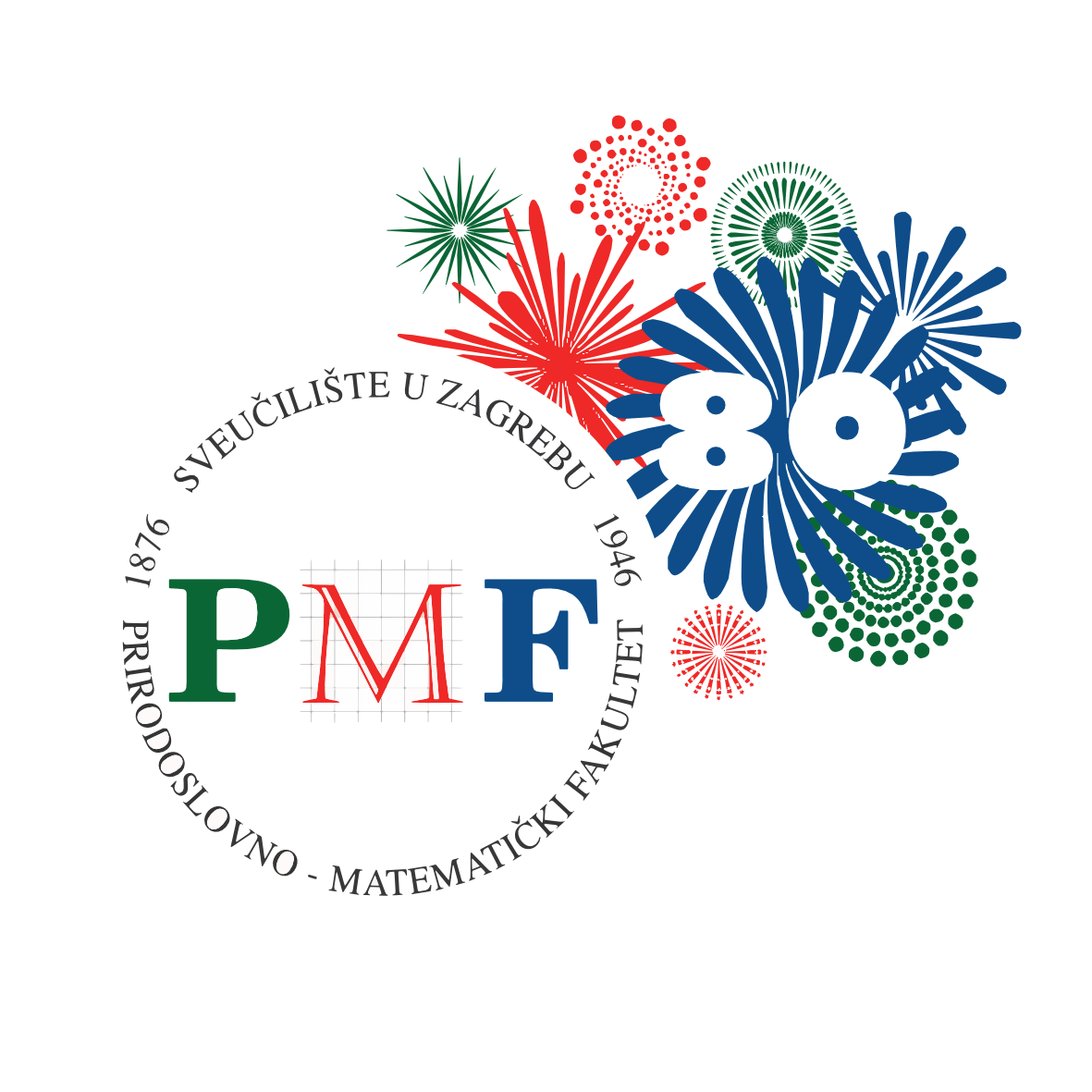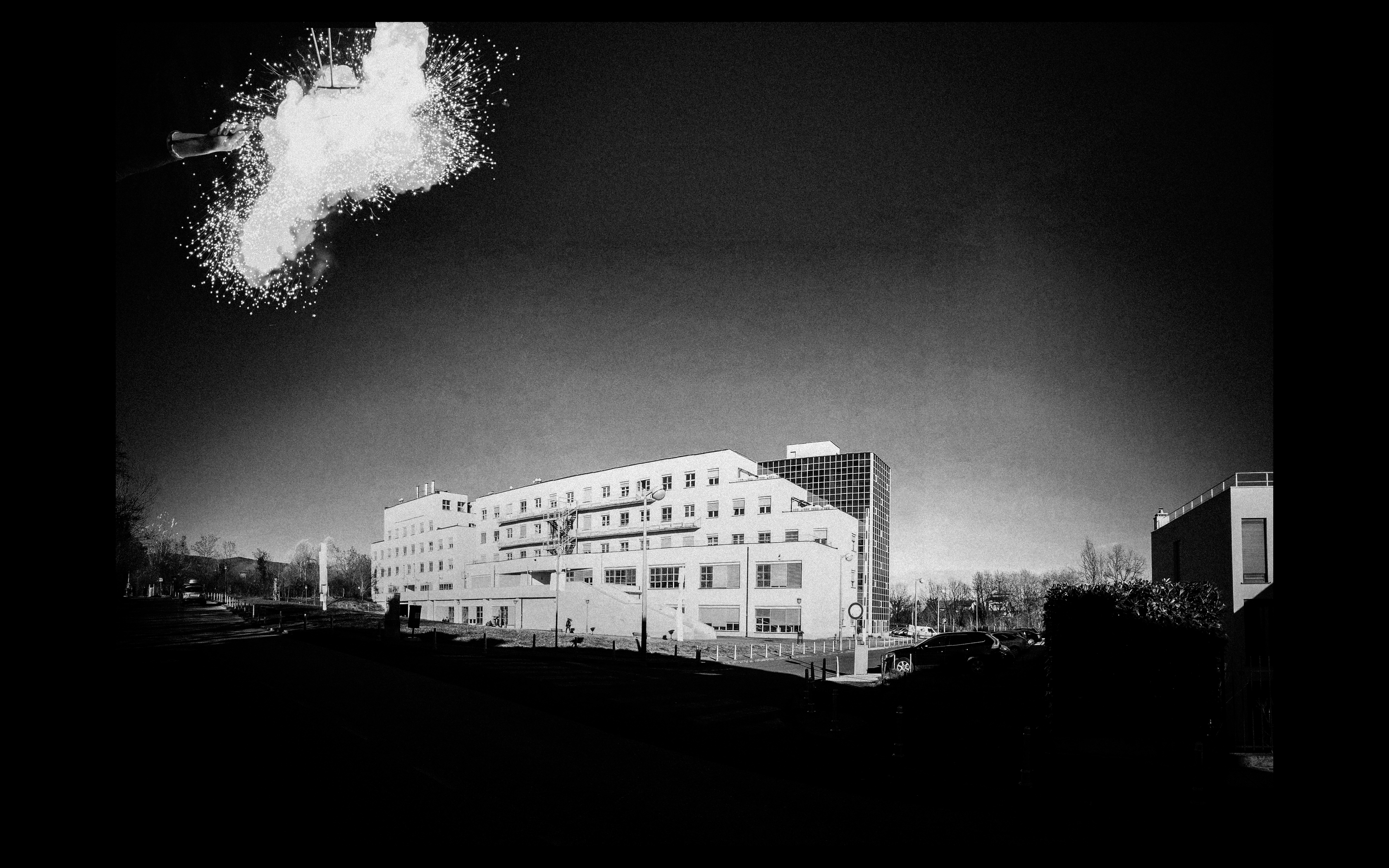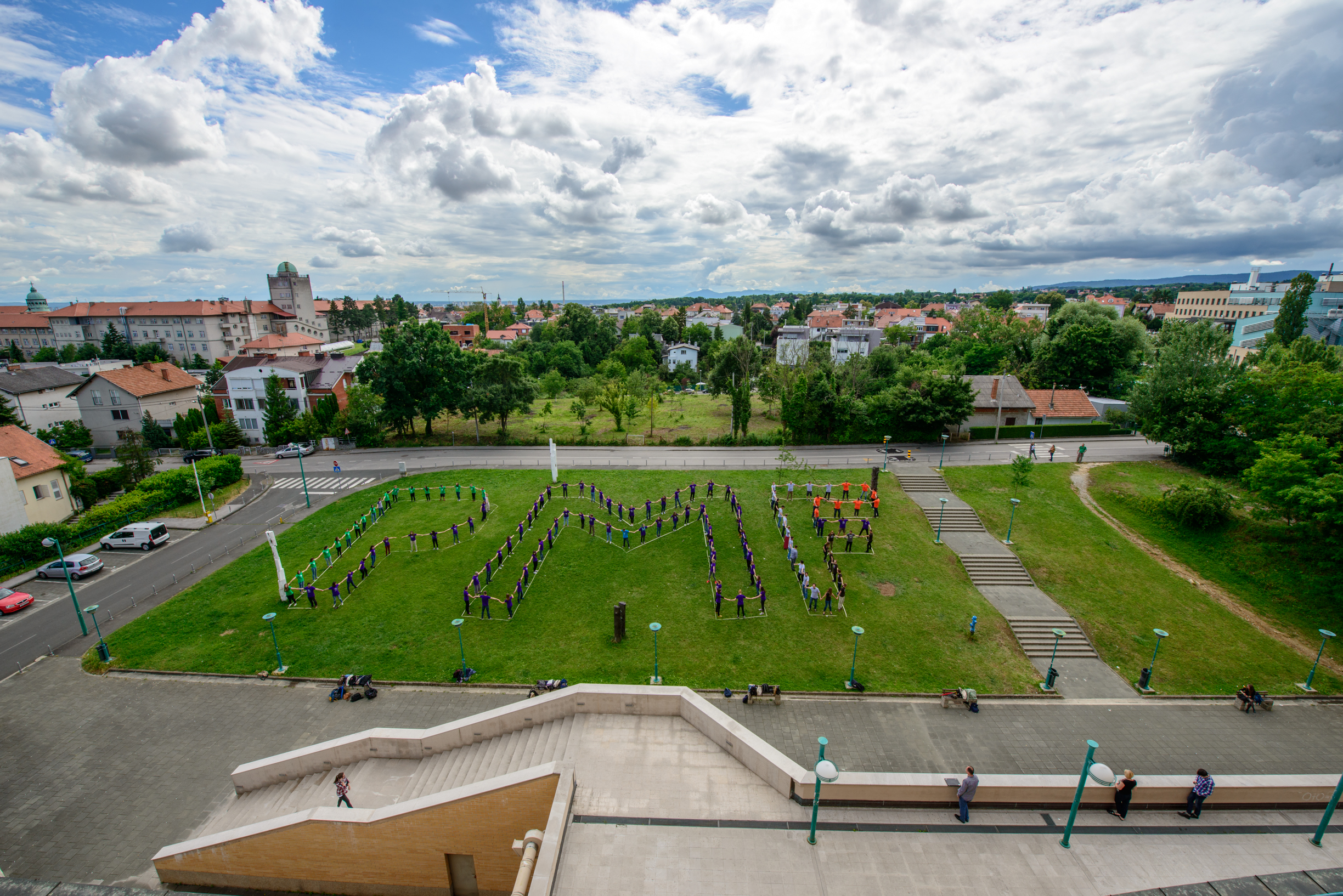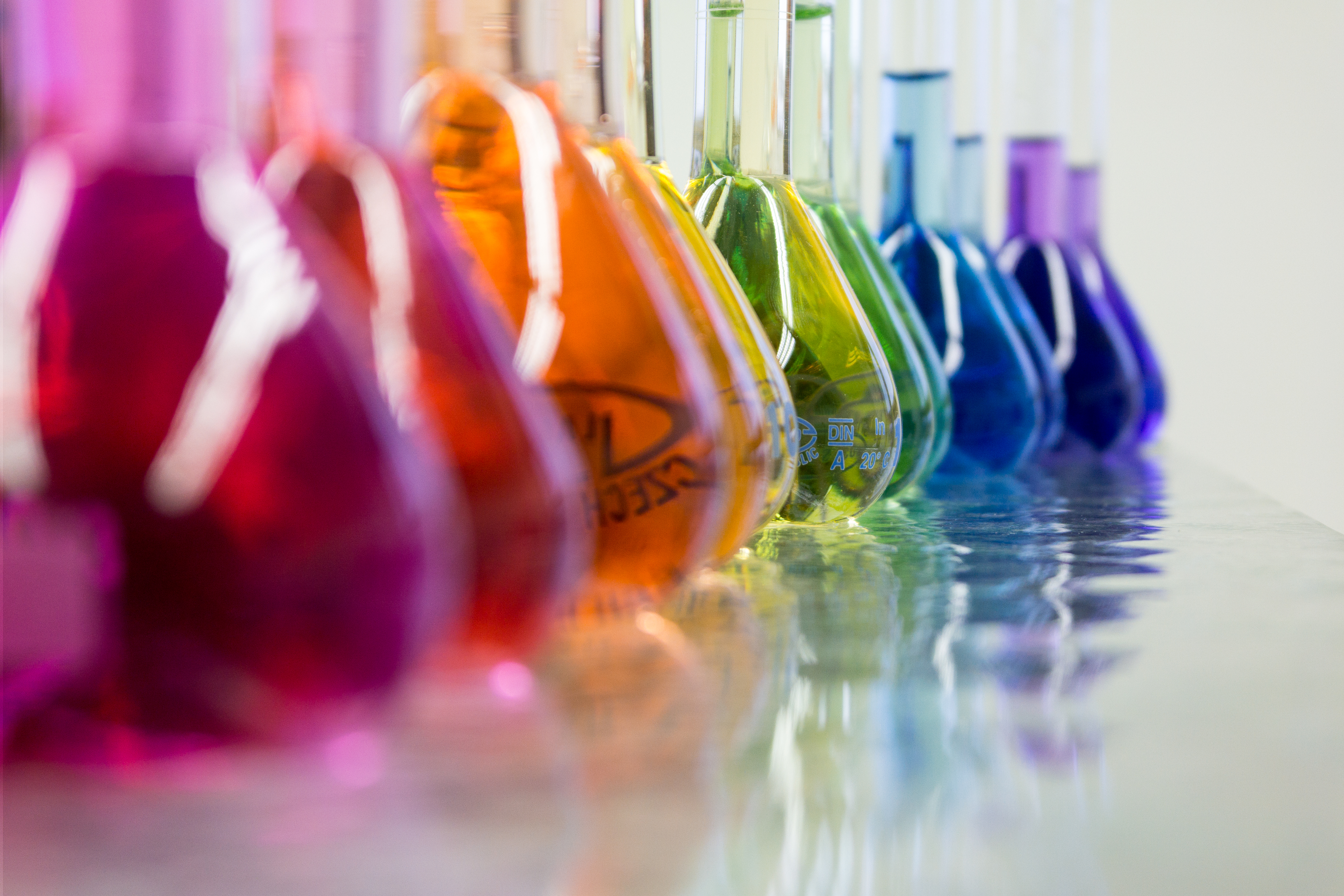Scientific activities in organic chemistry are focused in two directions: organic synthesis and physical-organic chemistry. Synthetic organic chemistry is oriented towards design of new bioactive compounds containing heterocyclic aromatic and nonaromatic substructures as well as investigation of their interactions with enzymes, primarily cholinesterases. Research of pyridone derivatives is directed towards synthesis of compounds with antitumor effects, and synthesis of pyridone manozides with application in antiadhesion therapy. Medicinal chemistry studies include design of new molecular conjugates of modified immunomodulating peptides, comprising molecular modeling approach.
Physical-organic chemistry studies are focused towards development of new conceptual frameworks for explaining mechanisms of thermal organic reactions in condensed phases. Reaction mechanisms in solution are investigated with computational chemistry approach, and methodology of solid-state reactions investigations is based on study of aromatic C-nitroso compounds dimerization reactions. Since these systems show photo/thermochromic effects, corresponding molecular aggregates could in principle possess externally controlled dynamical properties allowing their use in field of molecular electronics. These molecules are also investigated as potential building blocks for self-assembling mono- and multilayers, as well as three-dimensional supramolecular systems.
Future activities in field of organic synthesis will be directed towards design and synthesis of new aromatic and supramolecular systems, their experimental and theoretical study, as well as possible applications (biosensors, molecular electronics, "smart" drugs, new materials, etc.). The second part of synthetic research will comprise design and synthesis of bioactive molecules, especially heterocyclic systems, glycoconjugates and peptides with possible antiproliferative, antibacterial, antitumor, immunomodulating, antioxidative and different inhibitory effects, using conventional as well as new, faster and ecologically more acceptable methods.
Investigation of thermal and photochemical organic reactions mechanisms in condensed phases will be conducted simultaneously with theoretical and experimental approach. Computational results will help to better understand the intermolecular interactions in different solvents and polycrystalline systems. The study of solvation effects will be continued using newly developed computational approach. Experimental studies will be focused towards detailed investigations of kinetics and thermodynamics of organic reactions in solid phase, with emphasis to reactions in cryogenic conditions. New equipment will facilitate opening of new research directions based on mono- and multilayers formed on ordered surfaces.

 Pristupačnost
Pristupačnost

